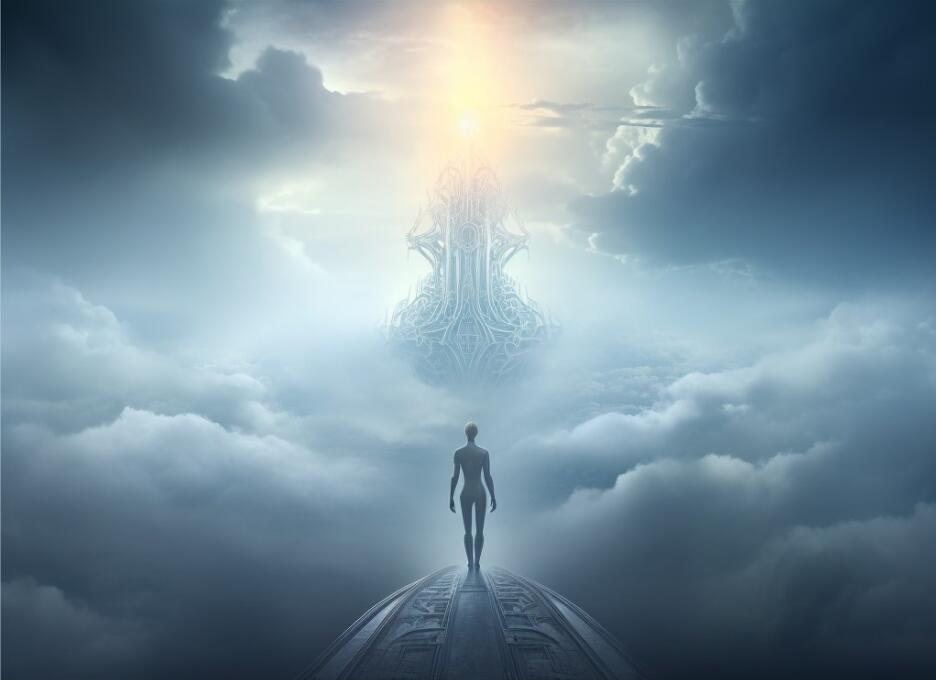A Chinese Professor Uses AI to Create Science Fiction, Winning a National Award
-
According to the South China Morning Post, a professor from Tsinghua University in Beijing planned to write a science fiction novel about the metaverse and humanoid robots, turning to artificial intelligence for inspiration. In the end, AI created the entire book, which later won a national science fiction award.
The Chinese novel, titled Land of Memories and approximately 6,000 words long, was created by Professor Shen Yang from the School of Journalism and Communication at Tsinghua University. As reported by the Jinan Times in Shandong Province, it became one of the winning works of the Jiangsu Youth Science Fiction and Popular Science Writing Competition.

Professor Shen Yang created this sci-fi story using only 66 prompts within just three hours from a 43,000-character draft. The unique plot was set by the first three AI-generated sentences:
"At the edge of the metaverse lies a forbidden zone called 'The Land of Memory', prohibited to humans. This realm is filled with solid illusions created by amnesiac humanoid robots and memory-lost artificial intelligences." "Any intruder, whether human or artificial intelligence, will lose their memory and be trapped forever in this forbidden land."
The story revolves around Li Xiao, a metaverse explorer who was once a neural engineer in the real world. After losing all memories of her family in an experimental accident, she became fascinated by the legend of the "Land of Memory," hoping to recover her lost memories in the metaverse. The novel was submitted to a competition organized by the Jiangsu Science Writers Association. At the October awards ceremony, it won second place, tied with 17 other stories, meaning it received supporting votes from three out of six judges.
It was reported that only one judge was informed that Shen Yang had used AI in his work. However, another judge, who had been researching AI-generated content, recognized that Shen Yang's submission was AI-generated. This judge stated that he did not vote for the entry because it did not meet the standards and "lacked emotional depth."
"After using dozens of prompts, the AI generated all the content—including the pen name, title, text, and related images. I asked it to write in a Kafkaesque literary style," Shen Yang was quoted as saying, referring to the distinctive writing style of Bohemian novelist Franz Kafka, characterized by an objective tone depicting terrifying situations. He stated: "This is the first time in the history of literature and artificial intelligence that an AI-generated work has won a literary award." He also added that the creative process of the novel would be disclosed in detail for anyone interested in learning how to use AI to create excellent fiction.
According to reports, Fu Ruchu, the editorial director of People's Literature Publishing House, said that it was not easy to identify Shen Yang's work as being generated by artificial intelligence. According to reports, Ms. Fu stated: "Science fiction writers typically focus more on creativity and scene descriptions rather than language."
She continued: "I think this novel is exceptionally well-written and logically consistent."
She also mentioned that artificial intelligence could pose a threat to mystery and science fiction writers, warning that AI-generated writing might cause irreversible damage to literary language.
She said: "The linguistic sensibility in this novel is very weak. I believe this kind of sensibility may become even scarcer in the future." She concluded: "As AI-generated writing increases, this linguistic sensibility will become increasingly scarce and elusive."
You may also be interested in: AI Fiction, AI Creation
